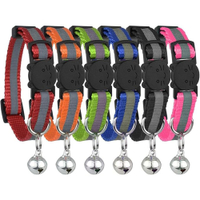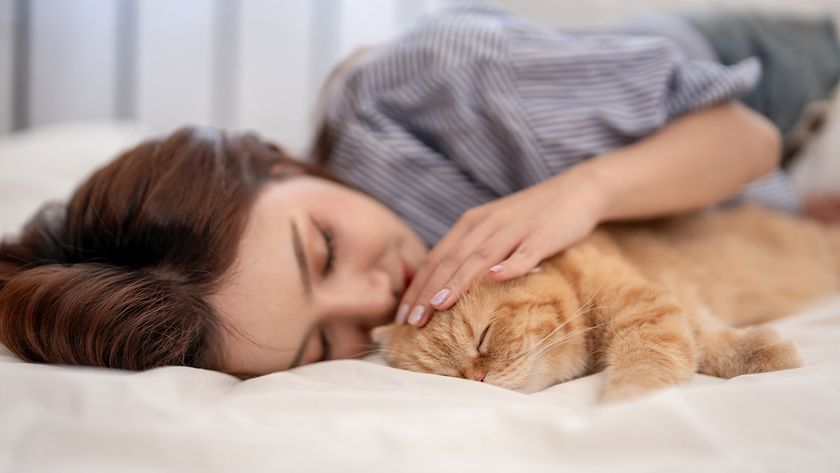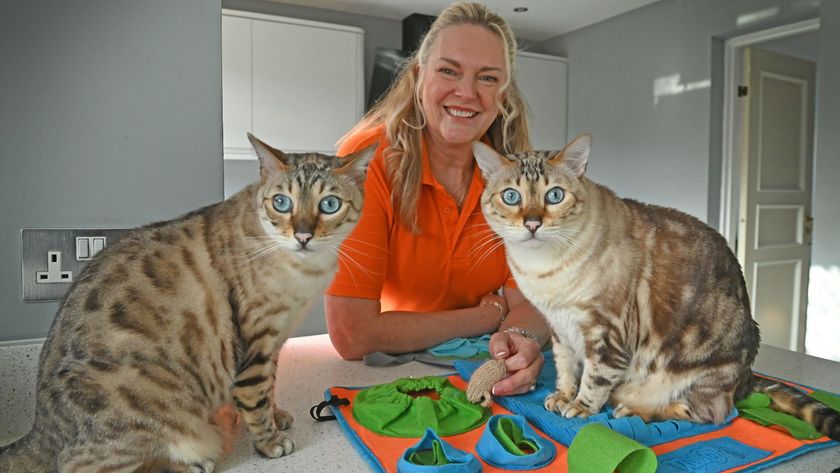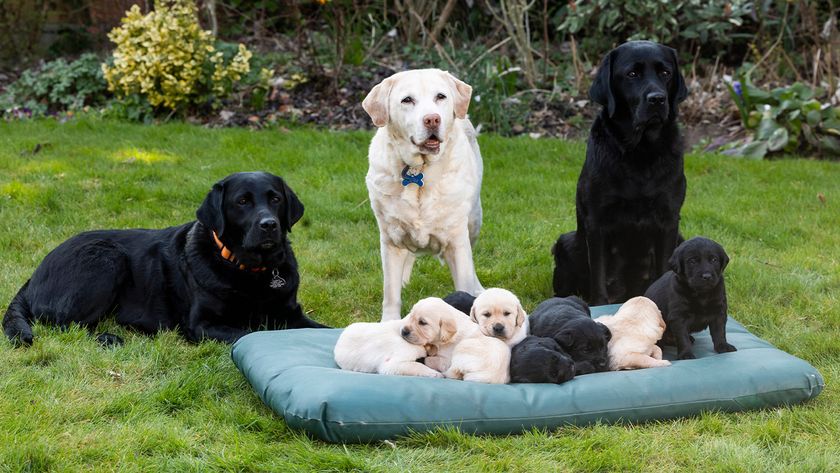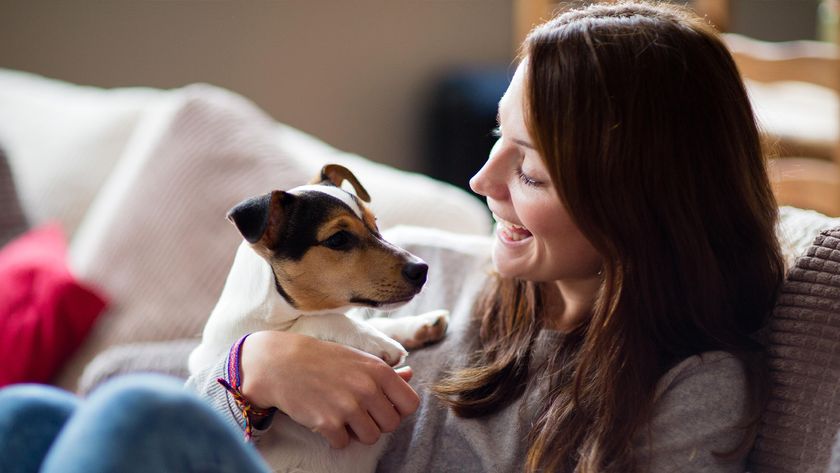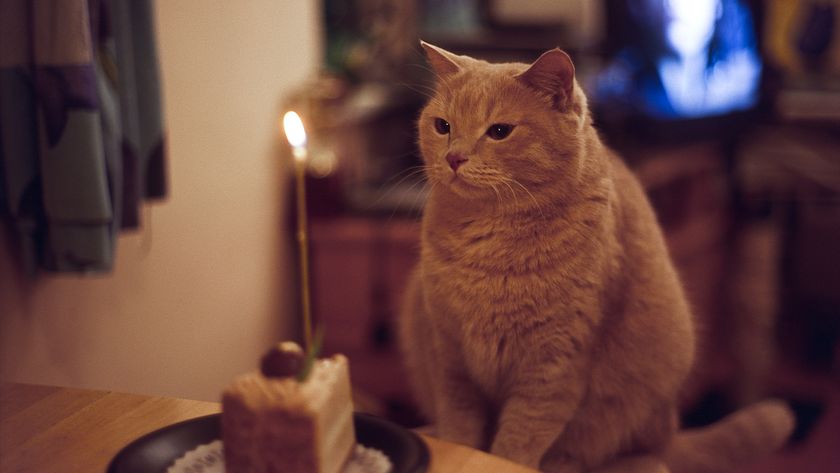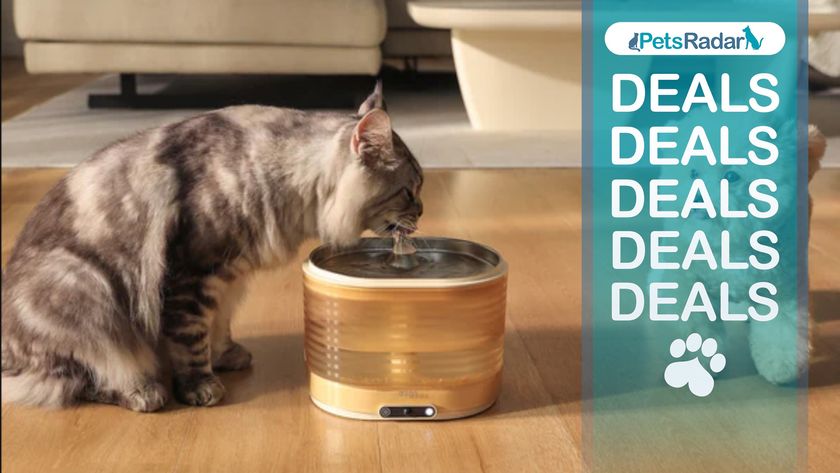Vet shares tips on how to stop your cat bringing animals home – and explains what you should do if they still bring you ‘gifts’
Nobody wants the local wildlife dropped at their door, so here’s what to do
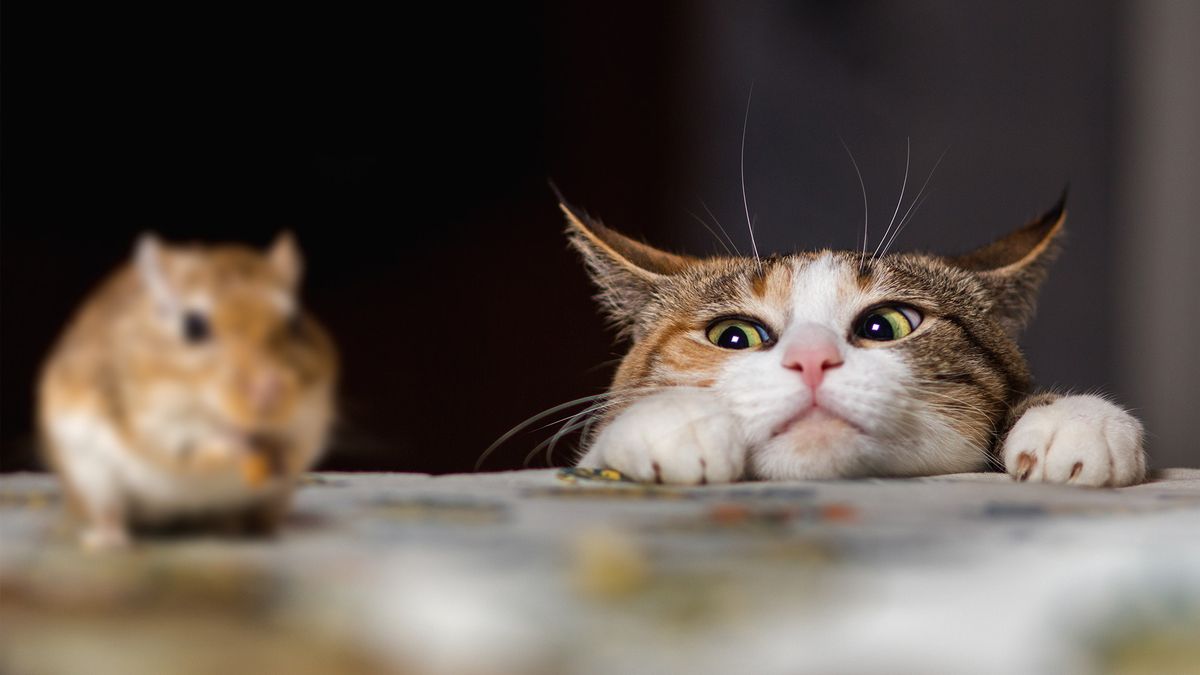
Whether your cat is an indoor or an outdoor cat, there are always going to be things to worry about.
One concern the parents of outdoor cats sometimes have is that their feline likes to bring home animals like birds or rodents. As humans, of course, we don’t find these ‘gifts’ particularly appealing, and you might be worried about the effect your beloved kitty is having on the local wildlife, too. Why don’t they stick to the best cat food indoors?
Short of keeping your cat indoors, which many pet parents don’t want to do, you might be short of ideas to stop cats killing birds and other creatures. Thankfully, the experts at cat insurance provider Animal Friends Pet Insurance have some insights to share with us here.
Jen Wormleighton, the company’s in-house vet, explains, “There are a few reasons you may want to stop your cat from bringing animals into your home, including avoiding any unwanted diseases which the rodents and other prey may be carrying. Not only that, reducing the number of animals your cat brings home will help birds and wildlife in your area, and minimize the impact on the local ecosystem.”
How to stop your cat bringing animals home
1. Do your best to keep them indoors during sunrise and sunset as birds and other wildlife tend to be more active at these times.
2. Add a bell to their collar to alert prey and give them time to escape before your kitty is too close.
3. Ensure that your cat is well-fed. Of course, this is something we should be doing regardless, but if you’ve noticed that your cat seems to be hunting more frequently, it might be a good idea to increase their food intake a little or change the times they’re fed.
PetsRadar Newsletter
Get the best advice, tips and top tech for your beloved Pets
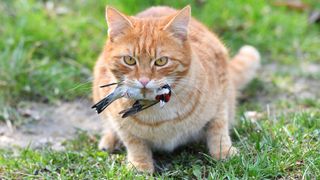
How to deal with a gift from your cat
1. Avoid reacting negatively to the ‘gift’, because a cat is simply following their natural instincts and don’t know what they’ve done wrong. Many people believe cats bring animals home to share with us because they see us as members of their family, so in their eyes, they’re doing a good deed.
2. If the animal they bring home is alive, keep the cat away from the animal as you help it go free. You might guide it out of your home, or gently capture it in a container and place it somewhere safe outside.
3. If you’re not sure whether it’s alive or dead get in touch with an animal welfare charity. In the US, the ASPCA may be your best option.
4. If it’s dead, you can dispose of it safely. This can often be done in your outside garbage, but ensure you wear gloves and thoroughly wash your hands. For larger animals, you may need to consult your local authorities for advice.
5. If your cat has eaten its prey or has any injuries, monitor them and speak to your vet if concerned. Wild animals can carry diseases and parasites – it’s better to be on the safe side and get your cat checked over.
Not a cat parent yourself? If you’d still like to protect the local wildlife from cats in your area, here’s how to keep cats out of your yard
Cat collars with bells | Amazon
These collars have a breakaway buckle for your cat’s safety and a bell to alert wildlife.

Adam is a freelance journalist specialising in pets, music and culture, and mental health and wellbeing. He investigates and writes the large majority of news on PetsRadar, and collaborates with veterinary experts to produce informative pet care content.
Adam has a journalism degree from Southampton Solent University and a masters degree in Magazine Journalism from Cardiff University. He was previously senior editor at dog advice website DogTime.com, and has also written for The Independent, GoodToKnow and Healthline.
He owns two rescue cats, Bunny and Dougie, and has also previously had a rabbit, fish and Roborovski dwarf hamsters.
